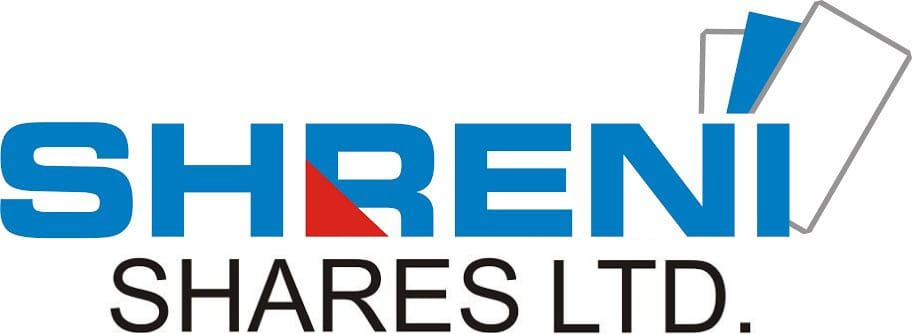
Mutual Fund
Managed by qualified Fund managers, Mutual Funds help retail investors participate in the markets by pooling their money, which is invested in multiple assets like stocks, bonds, gold, etc. by the fund manager on behalf of the investors. Investors own units of the mutual fund against their investments, and the value of these units fluctuate with the performance of the underlying assets.
There Is A Mutual Fund For Everyone
Equity Debts
Suitable for investors seeking higher returns over a longer duration.
Debt Funds
Suitable for investors seeking stable returns in a shorter time duration.
Hybrid
Suitable for investors seeking a balanced approach for medium to long duration.
Tax Saver
Suitable for investors seeking tax benefits up to Rs. 46,800 and wealth creation.
What Are Mutual Funds?
A mutual fund is a type of investment vehicle that pools money from multiple investors to invest in a diversified portfolio of assets such as stocks, bonds, and other securities. It is managed by professional fund managers who make investment decisions on behalf of the investors. Each investor owns units of the fund, which represent a portion of the holdings.
Mutual funds offer several benefits including diversification (spreading investments to reduce risk), professional management, affordability, and liquidity. They are suitable for both beginners and experienced investors and can be tailored to different financial goals and risk appetites.
There are various types of mutual funds such as equity funds (which invest in shares), debt funds (which invest in fixed-income instruments), hybrid funds (a mix of both), and index funds (which replicate market indices). The value of a mutual fund is measured by its Net Asset Value (NAV), which changes daily based on the performance of the underlying assets.
In India, mutual funds are regulated by the Securities and Exchange Board of India (SEBI), ensuring transparency and investor protection. They are widely used for long-term wealth creation and can be invested in via lump sum or SIP (Systematic Investment Plan).
When you invest in a mutual fund, you own shares or units of the fund, not the underlying assets. These units represent your proportional ownership of the fund’s holdings. Think of mutual fund units as shares in a collective investment. For example, imagine four friends who want to buy a box of 12 chocolates, but they each have only ₹10. They pool their money, buying the box of ₹40. Each friend now owns 3 chocolates or 3 units of the box, based on their ₹10 contribution. The cost of one unit is calculated by dividing the total cost (₹40) by the total number of units (12), resulting in ₹3.33 per unit. When you multiply the number of units (3) by the cost per unit (₹3.33), you get the initial investment of ₹10. Each friend is now a unit holder in the box of chocolates, collectively owned by all of them,.
Similar to stocks which have a trading price, a mutual fund unit has a Net Asset Value (NAV). The NAV represents the market value of all the assets held by a fund on a specific day, adjusted for expenses and charges, plus accured income, divided by the total number of units in the scheme. whenevr you make an investment in mutual funds, you are allocated the number of units based on the NAV prevailing for that day. For example- If the NAV of a mutual fund is ₹20 today and you invest ₹ 10,000 in the mutual fund - you will receive 500 units of the fund (₹ 10,000 divided by 20)
How To Invest In Mutual Funds?
You can invest in Mutual Funds online as well as offline through your broker or by directly approaching the Asset Management Company (AMC). To invest in Mutual Funds, all you need is a Pan Card, an Aadhar Card, and a Bank Account Proof. Investors can choose the method that aligns with their preferences, investment goals, and a level of involvement.

Direct Investments
Direct investment is when an individual or entity puts money directly into an asset, business, or project, without going through intermediaries like mutual funds or portfolio managers. It usually means buying and owning the asset yourself rather than investing through a pooled vehicle.

Financial Advisors
For those who prefer guidance and expert advice, financial advisors act as consultants who help you select the right mutual funds based on your financial goals and risk tolerance.

Online Broking Platforms
Many investors prefer the convenience of online platforms, much like online shopping. You can choose to invest in mutual funds through various online portals and mobile apps, which provide a user-friendly interface and access to wide range of funds.
Why Invest With Shreni Shares Limited?
- Top - rated mutual funds selected by experts.
- Simplified SIP’s through UPI mandate
- Single - click lumpsum investment
- Instant Payout
Did You Know?
- Select the mutual fund you wish to invest in and chose SIP as the mode of investmen^
- Click on invest now and choose your bank account on next pagc
- Select pay via UPI as your payment typc
- Complete the payment on the UPI app by entering your UPI pin

